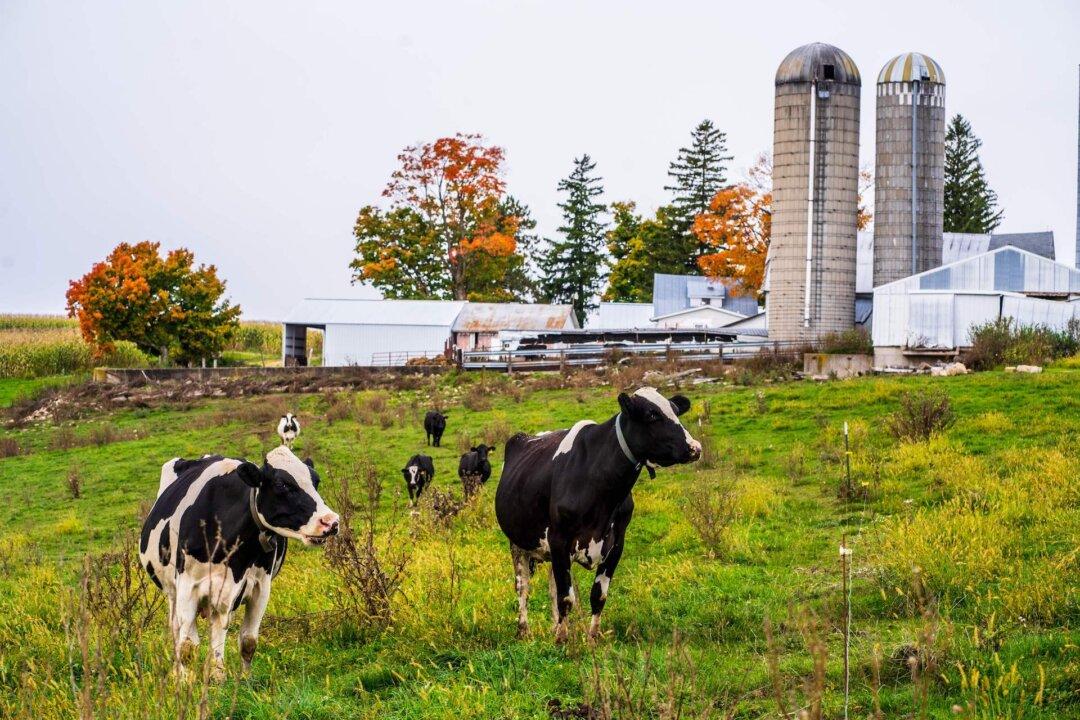Commentary
Millions of Americans believe that President Joe Biden is weak on China. As I write this, spy tools favored by the Chinese Communist Party (CCP) are still operating in the United States. The “weak on China” criticism is a fair one, and Biden could certainly do more to combat the threat from China.





